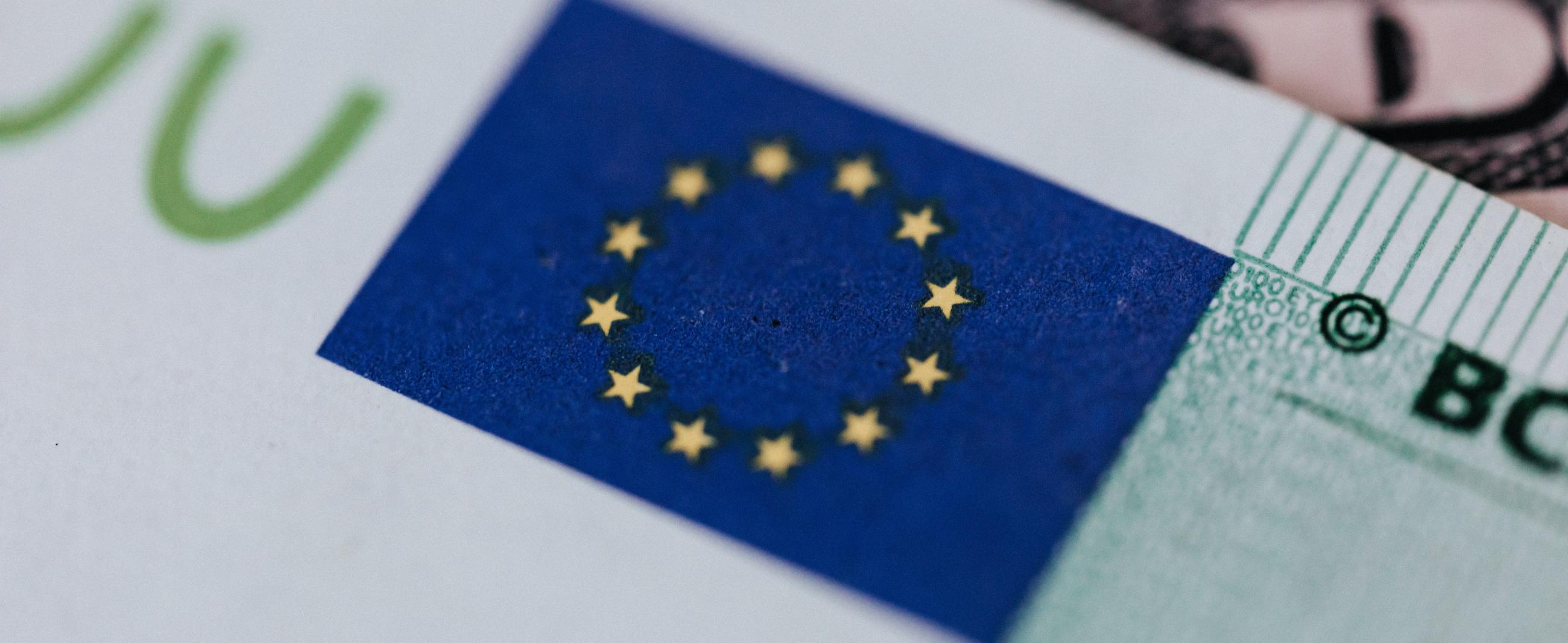Transparency and scepticism - How skepticism is shattering dreams of European Union?
What are the issues that give rise to scepticism towards EU? Transparency and democracy are one of the core ideas of EU, but till today, there have not been any EU decisions that EU citizens have been able to participate on discussions or decision-making processes.

Read previous column here
Transparency and scepticism
Honesty, trust, respect, worth and fairness are core values of humanity and human dignity and bases for acceptable human behavior. Transparency is a situation where actions are done in an open environment without secret, so that people can trust everything was done in fair and honest way. It means that people must be able to control that every decision made corresponds to core values and principles of accepted human behavior[1].
If people are denied open access to control how decisions are made, it is no wonder that skepticism rises. The same is the situation if people are denied access to needed information, if negotiations are taken place behind closed doors or if given promises are not respected.
According to EU Treaties, clear presumption is that transparency and access to information are holding principles of EU. It might exist in paper but in practice, it seem more of a hope or a fallacy.
Formally, EU has enforced multiple measures to satisfy demands of transparency. According to European Parliament (EP), democratic systems require that decision-making is done as close as possible to European citizens, as TEU article 10(3) obligates[2], and that they are given more power in the decision-making process. EP has declared that “institutions can only enjoy greater legitimacy and effectiveness as long as they remain fully accountable to European citizens” [3]. Transparency is needed to build trust on EU as an institution and on its actions. It is especially mentioned in articles 11(2) TEU “The institutions shall maintain an open and transparent dialogue” and 11(3) TEU “The European Commission shall carry out broad consultations with parties concerned in order to ensure that Union´s actions are coherent and transparent”. According to these articles, actions violating these rules are considered to be invalid. The legitimacy requires that people are given not just formal but also real possibilities to participate on decision-making process and to control that their rights are not violated. Article 11 (1) TEU obligates EU institutions give citizens real opportunity to be known and publicly exchange their views in all areas of Union action.
The rules are clear; no matter the body of the EU or the issue at hand, to be legitimate, it is required that transparency and decision-making rules are followed.
The problem is that EU is not acting according to its own rules. Article 15 (2) Treaty on the functioning of EU[4] (TFEU) requires that Council of the EU shall meet in public when considering and voting on a draft legislative act. Same obligations apply to all work done in its preparatory bodies. There are more than 150 working groups having remarkable influence on creating law working under Council. Public does not know about them, of their work and are not given access on their work[5]. If people are denied information or access to control work of bodies deciding the meaning of EU law, how can people trust that their rights and opinions are counted? How can they hold anyone accountable? Is it therefore surprising that people are skeptical against EU when EU is acting according to its own rules?
If EU would act according to its rules, people would have been given right to participate in discussions and in decision-making process concerning for example Covid-19 relief package and on the question how to finance it. People were denied any possibilities to control the process or to use their rights. Negotiations were not open to public, and final acceptance was based more on threat of use of force than on voluntary actions.
EU is considered to be a democratic society where all opinions matter and no one is ruled out. Covid-19 relief package discussion and acceptance showed that EU is nothing but a bully who does not act according to its own rules. It also showed that the promises given to EU citizen are nothing but empty letters. As the article 10(3) TEU declares “decisions shall be taken as close as citizens as possible”. It means that people should be given real and direct possibility to participate on EU decision-making process concerning them. Any other interpretation would be hypocrisy or under-mining forcibility of EU law. Till today, there have not been any EU decisions that EU citizens have been able to participate on discussions and on decision-making processes. It means that EU bodies know that they are able to violate EU citizens´ rights without any consequences and therefore these rules are nothing but empty letters. It also means that EU bodies can avoid being transparent on their actions without fear of being punished.
It is clear that EU is anything but transparent. It means that it lacks accountability and legitimacy. How can anyone trust of a party that is constantly breaking its own rules and core principles? Does it surprise anyone that hundreds of millions of EU citizens are skeptical to the future of EU?
[1] Cambridge Dictionary ”Transparency” Available at https://dictionary.cambridge.org/dictionary/english/transparency
[2] OJ C 326, 26.10.2012, pp 1-390 .Treaty on European Union (TEU) article 10 (3)“ Decisions shall be taken as openly and closely as possible to the citizen”.
[3] EP. Transparency and Ethics Available at https://www.europarl.europa.eu/at-your-service/en/transparency
[4] OJ C 326, 26.10.2012, pp 47-390.
[5] EP. Transparency, integrity and accountability in the EU institutions. 2019, p. 4 available at https://www.europarl.europa.eu/RegData/etudes/BRIE/2019/608873/IPOL_BRI(2019)608873_EN.pdf